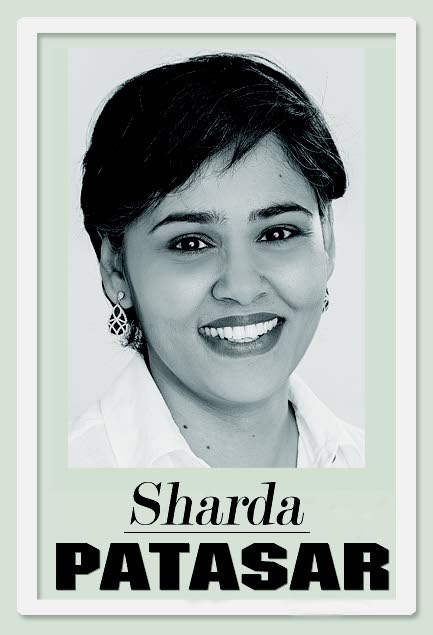On choosing Sufi music to mark memory

Music is a shape-shifting stowaway, often stealthy, creeping out, infiltrating your space, becoming you. You are its architect, the crucible in which this shape-shifting is possible. Then an onlooker, a pair of ears and eyes, points her out saying ‘Hey! That is Jazz!” or “She sounds like 1960s.”
She is a lover that penetrates your waking and sleeping moments, one that you sometimes take for granted because she really is always there. She is a presence that you are comfortable in because her existence is a part of your world. Such is the paradox. Familiarity is so familiar that you didn’t notice it was always there. But she is you, not your shadow, but your essence.
I speak here in riddles for some perhaps. To get to the point, such was the discussion last Thursday, at the NGC Bocas Literature Festival. Invited to a panel discussion “Our Music Too” where I had the pleasure and honour to sit with musicians/songwriters Ruth Osman (Flautist, songwriter) and Gary Hector (Joint Pop), and Mark Lyndersay (music critic and photographer) chaired by Nigel A Campbell – we discussed the idea of our music. Who is this "our" when we speak of "our music?" I shall not get into this discussion here. It is an ongoing debate to say the least. The conversation, however, segued from an attempt to define "our music" or a national music to how we ourselves as working musicians composed and thought of ourselves within the national space. Coming from varying backgrounds – rock to classical Indian music – the conversation hit on areas like stratification in music, processes and personal stories. As I write this, I think of the preceding day’s performance, the conceptualising of music from my perspective.
Last Wednesday marked the opening of the NGC Bocas Literature Festival. It was an honour and pleasure to have been invited to perform at the launch of the book We Mark Your Memory: Writing from the Descendants of Indenture. As I thought about the title as a way of selecting the piece that I would perform, I came to the Sufis’ music. The Islamic call to prayer is embedded in my ear. At a dargah in Mumbai two years ago, I stood listening to the singers rendering qawallis outside the shrine. The sounds felt like home, childhood memories of the morning call to prayer flooding back. Today from a space where I can hear the call to prayer, I listen out for it, for the time coincides with my own prayer time. We are attracted to echoes I suppose and our own voice is attractive when it bounces back in degrees. Music functions this way – an echo of something within us that defies definition. It exists and sometimes it is all that we need to know.

Coming from a mixed heritage background – Hindu/Muslim, where my history contains both Afghanistani and Indian roots, to render the poetry of Amir Khusrau in this gathering of writers and poets marking the memory of their ancestors seemed appropriate. The piece Chaap Tilak. The first line of the song: "Chaap Tilak, Sab cheeni re, Mose Naina Lagay Ke" translates from a philosophical standpoint, "You have stolen/snatched away my identity – cultural and personal – in one glance."
Composed by Khusrau in praise of his spiritual teacher, it is also interpreted as praises to the Divine. In this space, at the Bocas event, it is the story of the descendant, situating herself in her ancestors’ past where identities were reshaped with the movement away from homelands. Today I am a sum of those experiences and my own. And so, the Sufi philosophy that crosses the Hindu/Muslim divide, where no identity means that each space is mine to be absorbed and lived in, seemed applicable to the evening’s theme. We bring the experience of water with us - the flow, the uncertainty; the scattering, the bonding – an experience that defines the creative journey.
In a time like ours where as much as we see technological progress, where lives are supposed to be easier, we also find ourselves in the middle of economic wars where tools like religion and ethnicity are often used to create divisions between "us" and "them." Unfortunately, the public finds itself wrapped up in this conflict – mental and physical – and arsenal takes the form of anything that can be used to create divisions, music being one of them. Unwittingly, this immaterial thing takes the shape of its vessel and so we – groups and individuals alike – bottle it and shape it from our own experiences. How we use our experiences to define it creates either arsenal or balm, destruction or healing.


Comments
"On choosing Sufi music to mark memory"